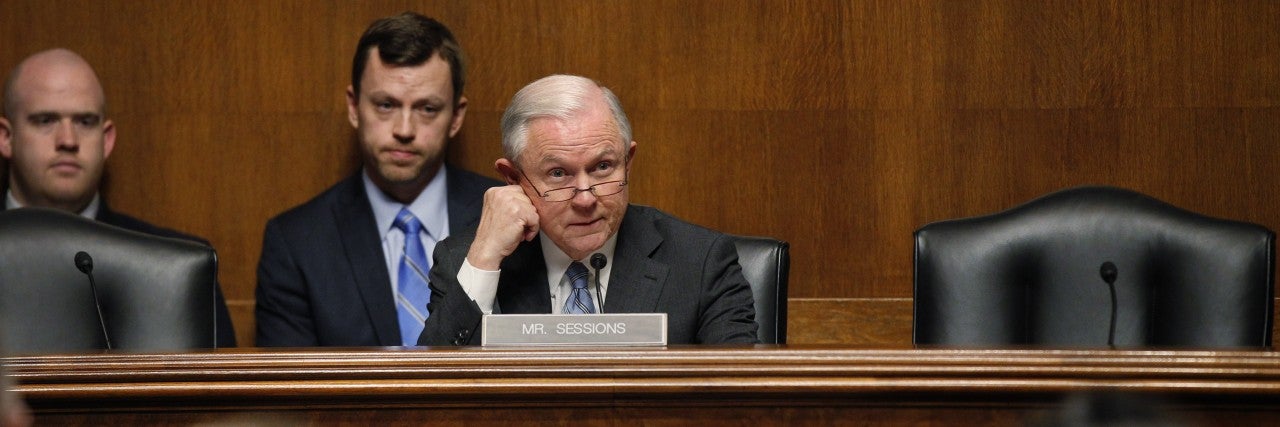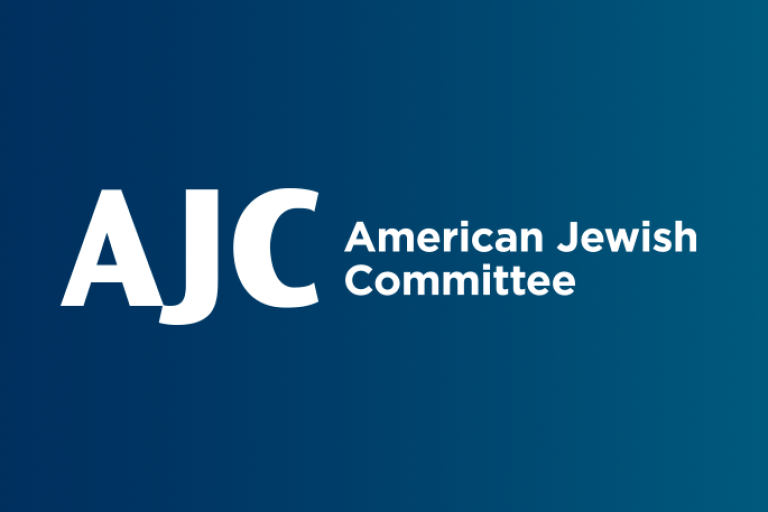January 10, 2017 — New York, New York
In advance of today’s Senate Judiciary Committee hearing on the nomination of Senator Jeff Sessions to be U.S. attorney general, AJC submitted a series of questions to Committee Chairman Senator Chuck Grassley and Ranking Member Senator Diane Feinstein.
AJC, a strictly nonpartisan organization that does not endorse or oppose the confirmation of particular nominees, has a special interest in the attorney general position. For more than a century the attorney general and the Justice Department have played a key role in many significant legal and policy debates, including such vital AJC concerns as religious liberty and civil rights.
“As we have in the past, we urge the Senate Judiciary Committee to exercise its critically important constitutional duty under the ‘Advice and Consent’ clause of the U.S. Constitution by closely examining the nominee’s record,” wrote Richard Foltin, AJC Director of National and Legislative Affairs, and Marc Stern, AJC General Counsel, in a letter to Grassley and Feinstein. The full letter is available at www.ajc.org.
The AJC letter urges members of the Judiciary Committee to probe Sessions on his view of the role of the Justice Department on a number of critical issues, including:
- Protection of targeted religious communities from acts of intimidation, harassment, and violence;
- Responses to antisemitic or racist vitriol where, due to our nation’s strong protection of freedom of speech, legal prohibition and prosecution are untenable;
- Detection and deterrence of lone-wolf terrorists, and discouraging incitements to terrorism on social media, again with due regard to free speech concerns;
- Intervention in cases under the Religious Land Use and Institutionalized Persons Act (RLUIPA), where local authorities have worked to exclude mosques and other houses of worship, and bringing criminal charges against those who have attacked such premises.
- Current remedies under the Voting Rights Act given the U.S Supreme Court decision in Shelby County v. Holder, as well as support for legislatives steps to ensure that the Act is restored consistent with that decision;
- Ensuring that the Justice Department will continue to champion civil rights, an especially important matter given his record on civil rights subsequent to the Senate’s rejection of his nomination for a federal judgeship in 1986.


